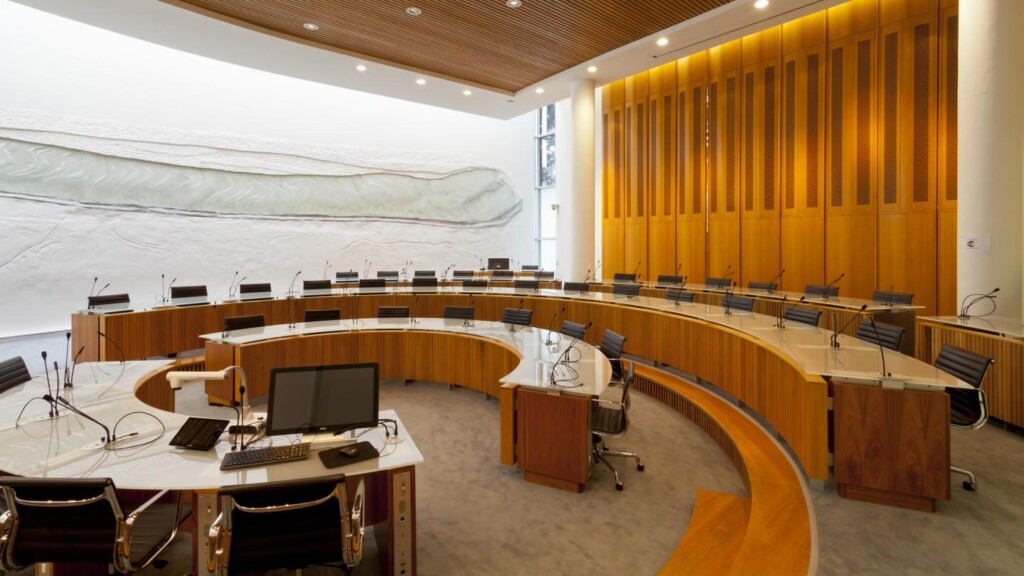Most candidates have by now made up their minds about whether to run in the local elections in June. There will likely be several thousand candidates competing for 949 seats across 31 local authorities.
Candidates will campaign on issues that they think will resonate with voters: housing, infrastructure, immigration. What will likely not receive much airtime is the role of the councillor in local government.
Few will remember the Moorhead report published in 2019, where a review was carried out on the role and salary of councillors. Most recommendations in the report amounted to tinkering around the edges (e.g. better conference facilities to allow for remote working, more administrative support). One widely reported change was an increase to a councillor’s salary. Reform of the role of the councillor should have gone further.
Many councillors spend a significant bulk of their time making representations on behalf of individual constituents (e.g. helping with housing applications, planning matters, social welfare schemes).
While councillors perform what are known as “reserved functions” – which include deciding annual budgets, approving capital funding programmes and adopting development plans – these big-ticket policy items account for a small minority of a councillor’s time (as evidenced in a survey conducted as part of the Moorhead report).
The executive arm of a local authority (unelected, permanent public employees) is responsible for the day-to-day running of local authorities. The executive is responsible for ensuring that projects referenced in capital budgets and programmes of works are progressed and completed on time. When there are delays or mistakes in executing these projects, the executive is not accountable to the public for these delays or mistakes.
By reforming the role of the councillor and making them more involved in the day-to-day management of their local authority, you make them more accountable to the public. Councillors in management positions would be responsible for ensuring that
projects agreed as part of annual budgets are progressed and completed on schedule. The same would apply to meeting the objectives that are set in development plans.
Instead of councillors putting down motions asking the executive for a progress report on a project (or an explanation for a delay), they would be directly accountable. Councillors would have a more active role in how their council is run.
Critics may disagree with this reform, arguing that many councillors won’t have the requisite expertise or experience to perform these technical senior management roles; but the same argument could be made of ministers in cabinet. These councillors, taking on management roles, would have a team of permanent public employees there to advise and guide them, just as ministers in government have their civil servants.
These councillors, in senior management positions, could serve for a term of 2.5 years and then, depending on their performance, they could be re-appointed by their peers for another 2.5 years, to complete the five-year council term.
A councillor is a part-time position and paid accordingly, but a top-up allowance could be given whereby these councillors are paid a full-time salary to reflect their enhanced role in the council.
Some councillors may argue that this reform is unworkable or that it would likely require an enormous overhaul of local government legislation. Councillors may even prefer the existing power structure between themselves and the executive of a local authority, believing that this model best serves the electorate.
Regardless of where you stand on reform, we should use this local election campaign to discuss the role of the councillor. This campaign should be seen as an opportunity to consider how to strengthen the role of the councillor and in turn, strengthen our local democracy.
Eoghan Dockrell is a local election candidate for Rush-Lusk.
